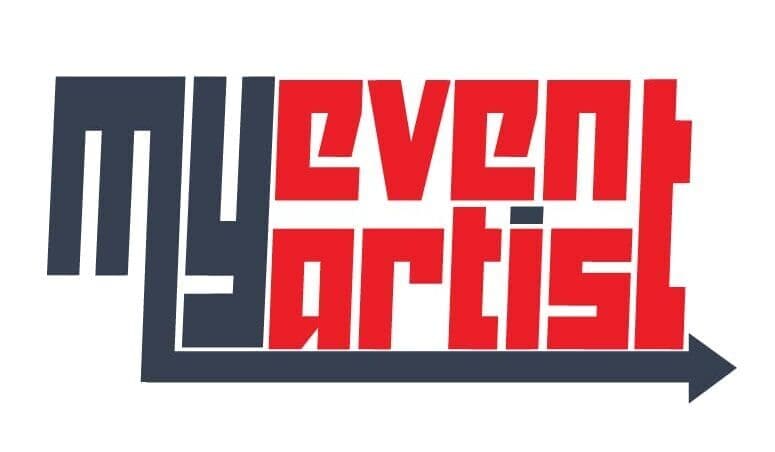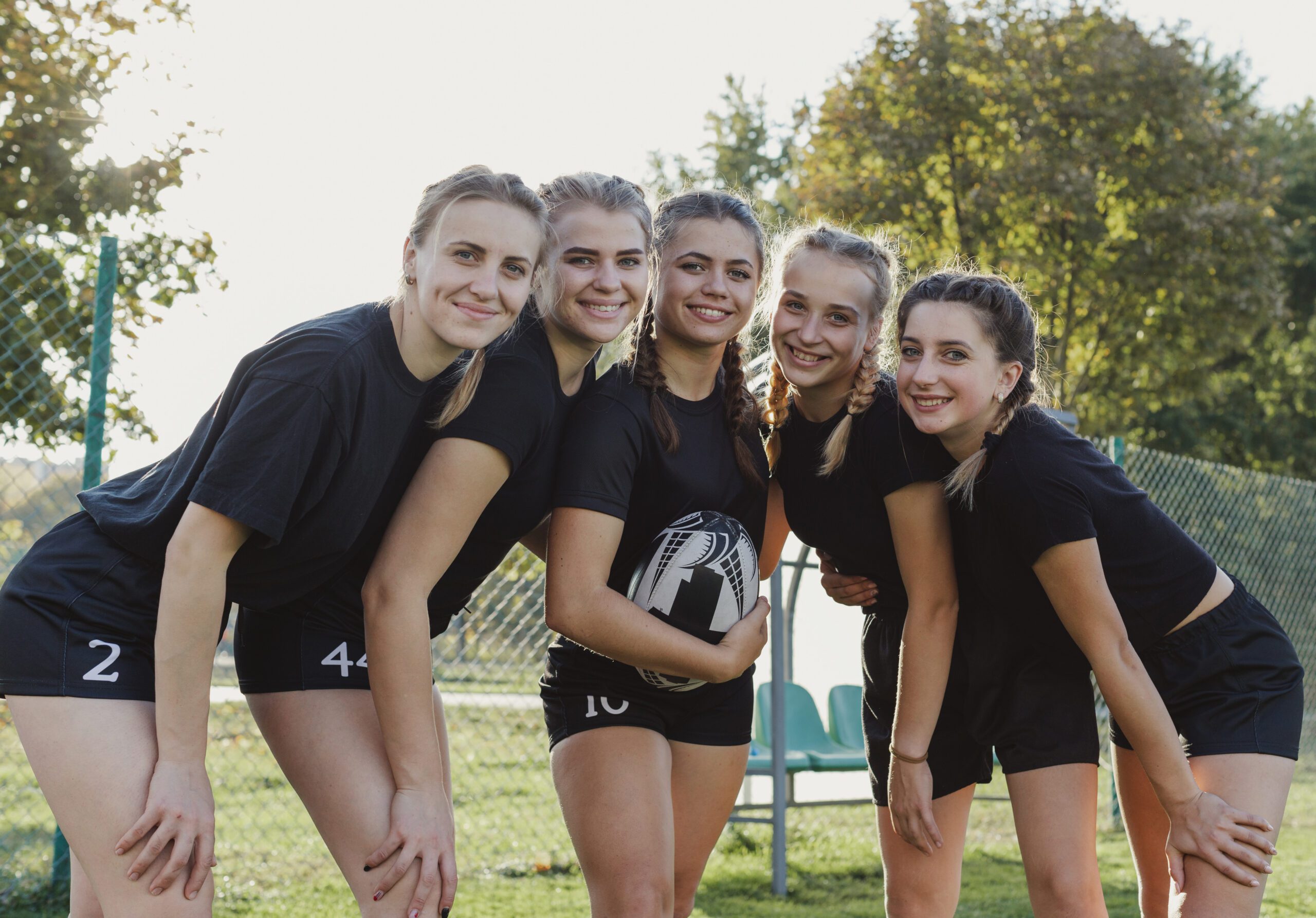Organizing a large-scale sporting event can be as thrilling and exhilarating as the competition itself. It requires meticulous planning, relentless dedication, and a collaborative spirit to bring together multiple components that contribute to an unforgettable experience for athletes and fans alike. From securing venues and accommodating participants to coordinating logistics and managing marketing efforts, the success of an event hinges on the attention given to each detail. In this comprehensive guide, we will explore the various logistical elements involved in organizing large-scale sporting events and how you can leverage them to create a seamless experience that showcases athletic excellence.
Understanding the Scope of Event Logistics
Logistics in event planning encompasses all the processes required to plan, execute, and conclude an event successfully. It involves everything from transportation to supplies and accommodations. Before diving into the practical aspects, event organizers must first grasp the event’s scope.
1.
Event Concept and Goals
Establishing a clear vision is fundamental to logistics.
- Defining Objectives: Understand the primary objectives behind the sporting event. Are you aiming to promote a cause, enhance community engagement, or showcase emerging talent? Clearly defined goals shape all logistical plans, influencing every decision from venue selection to marketing strategies.
- Target Audience: Knowing your audience is critical. Are you catering to professional athletes, amateur players, or families looking for a day of fun? Understanding your demographic informs many logistics decisions, including activities, promotions, and accommodations.
2.
Budget Management
Having a realistic budget is essential for every aspect of the event.
- Cost Estimation: Start by estimating costs for every logistical aspect, including venue rental, permits, insurance, staffing, marketing, equipment rental, and supplies. A comprehensive budget helps track all expenses and ensures that financial resources are appropriately allocated.
- Sponsorship and Funding: Explore potential sponsors and partners who can provide financial support or resources in exchange for visibility at the event. Successful sponsorship arrangements can mitigate costs and enhance branding opportunities.
Planning and Coordination
Once you have established your vision and budget, the next step is to focus on the planning and coordination of the event.
1.
Venue Selection
Choosing the right venue is one of the most crucial decisions involved in event logistics.
- Accessibility: Ensure that the venue is easily accessible for athletes, officials, and spectators. Consider proximity to public transportation, parking availability, and facilities that accommodate individuals with disabilities.
- Facilities: Evaluate whether the venue has adequate facilities, such as dressing rooms, medical assistance areas, restrooms, and spectator seating. The chosen venue must cater to the needs of both participants and attendees.
- Technical Requirements: Confirm that the venue can support the technical needs of your event. This may include audiovisual equipment for announcements, scoreboards, broadcast requirements, and Wi-Fi access for media coverage.
2.
Permitting and Regulations
Adhering to local regulations is vital for a successful event.
- Permitting: Investigate any necessary permits required for your sporting event. This may involve work with local authorities who govern event safety, public gatherings, and noise levels. Ensuring that all permits are in order well in advance prevents last-minute complications.
- Insurance Coverage: Secure adequate insurance coverage needed for the event. This safeguards against unforeseen incidents such as injuries to participants or damage to facilities.
Logistics and Operations Management
Logistics management is a critical aspect of running a smooth sporting event.
1.
Scheduling and Timing
Creating a well-structured schedule is vital for managing the event’s flow.
- Timelines: Develop a detailed timeline for all event activities, including practice sessions, matches, ceremonies, and awards presentations. Use scheduling tools to visualize the entire event timeline, ensuring everyone is aware of what happens when.
- Contingency Plans: Prepare contingency plans for unforeseen circumstances. This may involve backup venues for outdoor events in case of bad weather or additional personnel for increased crowd sizes.
2.
Staffing and Volunteer Coordination
Having the right personnel is crucial for managing all aspects of the event.
- Hiring Staff: Determine the number and type of staff needed for the event, including security personnel, referees, first aid responders, logistics coordinators, and volunteers. Clearly define roles and responsibilities to avoid overlap.
- Volunteer Management: Organize a recruitment plan for volunteers. Develop training programs to prepare volunteers for their roles, ensuring they understand their duties and the event’s goals.
3.
Transportation and Accommodation
Efficient transportation logistics are vital for participants, staff, and attendees.
- Transportation Arrangements: Coordinate transportation services for athletes and officials, including airport pickups, shuttle services to and from accommodations, and transportation to practice facilities.
- Accommodation Options: Partner with local hotels or accommodations to provide options for athletes and their families. Ensure participants have easy access to the event venue and have confirmed reservations prior to the event.
Marketing and Promotion
Effective marketing strategies amplify your event’s visibility and engage potential attendees.
1.
Building a Brand Identity
Strong branding helps create a memorable experience.
- Creating a Logo: A well-designed logo is essential in creating a visual identity for your event. At MyEventArtist, we offer custom logo designs tailored to the unique essence of your sporting event, helping your branding stand out.
- Promotional Materials: Develop marketing collateral, such as posters, flyers, and banners, to advertise the event. Promote these materials across social media platforms and local businesses.
2.
Engaging with Fans
Build excitement leading up to the event through strong community engagement.
- Social Media Campaigns: Utilize social media platforms to create buzz around the event. Share behind-the-scenes content, athlete profiles, and promotional videos to engage audiences before, during, and after the event.
- Local Partnerships: Form relationships with local businesses and organizations that can help promote your event through their networks. Offering cross-promotions can drive ticket sales and increase attendance.
Execution and Evaluation
The final phase of event organizing is executing the plan and evaluating its success.
1.
On-Site Management
Successful execution on event day depends on effective management.
- Checklists: Utilize checklists for all operational aspects, from equipment setup to personnel assignments. This ensures that all tasks are completed and that the event runs as smoothly as possible.
- Real-time Coordination: Establish a command center on-site where key staff members can communicate in real-time throughout the event. Having a clear communication channel helps address any issues quickly.
2.
Post-Event Analysis
Evaluating the success of the event is crucial for future improvements.
- Gather Feedback: After the event, gather feedback from staff, volunteers, athletes, and spectators to evaluate successes and areas for improvement. This could be accomplished through surveys or informal discussions.
- Analyze Metrics: Review attendance numbers, ticket sales, social media engagement, and media coverage. Analyze these metrics to gauge what worked well and where adjustments can be made for future events.
Conclusion: The Art of Organizing Sports Events
Organizing large-scale sporting events demands a perfect blend of passion, strategic planning, and logistical expertise. Through meticulous preparation, effective communication, and leveraging artistic branding efforts, organizers can create memorable experiences that showcase athleticism and community spirit.
At MyEventArtist, we are committed to supporting event organizers by providing unique logo design services tailored to your sporting event needs. Visit myeventartist.com to explore our collection of print-ready vector logo designs, customizable fonts, and services that can amplify your event’s branding. If you’re looking for custom logo designs that encapsulate the essence of your event, explore our options at this link.
Turn your passion for sports into unforgettable events with solid planning and effective branding!
Keywords: event logistics, sports event management, branding strategy, audience engagement, marketing techniques, performance analysis
Hashtags: #eventlogistics, #sportseventmanagement, #brandingstrategy, #audienceengagement, #marketingtechniques, #performanceanalysis



Leave a Reply